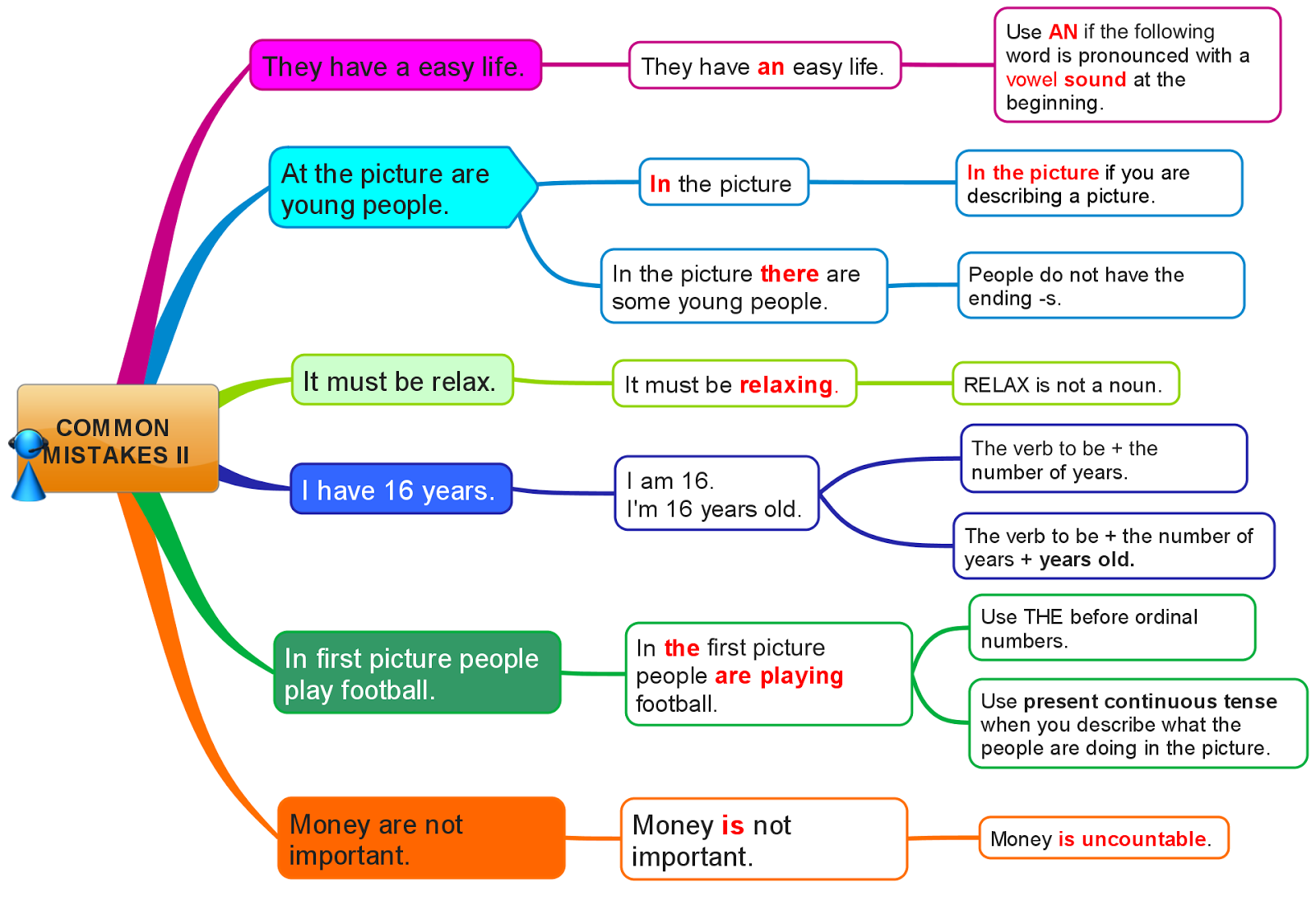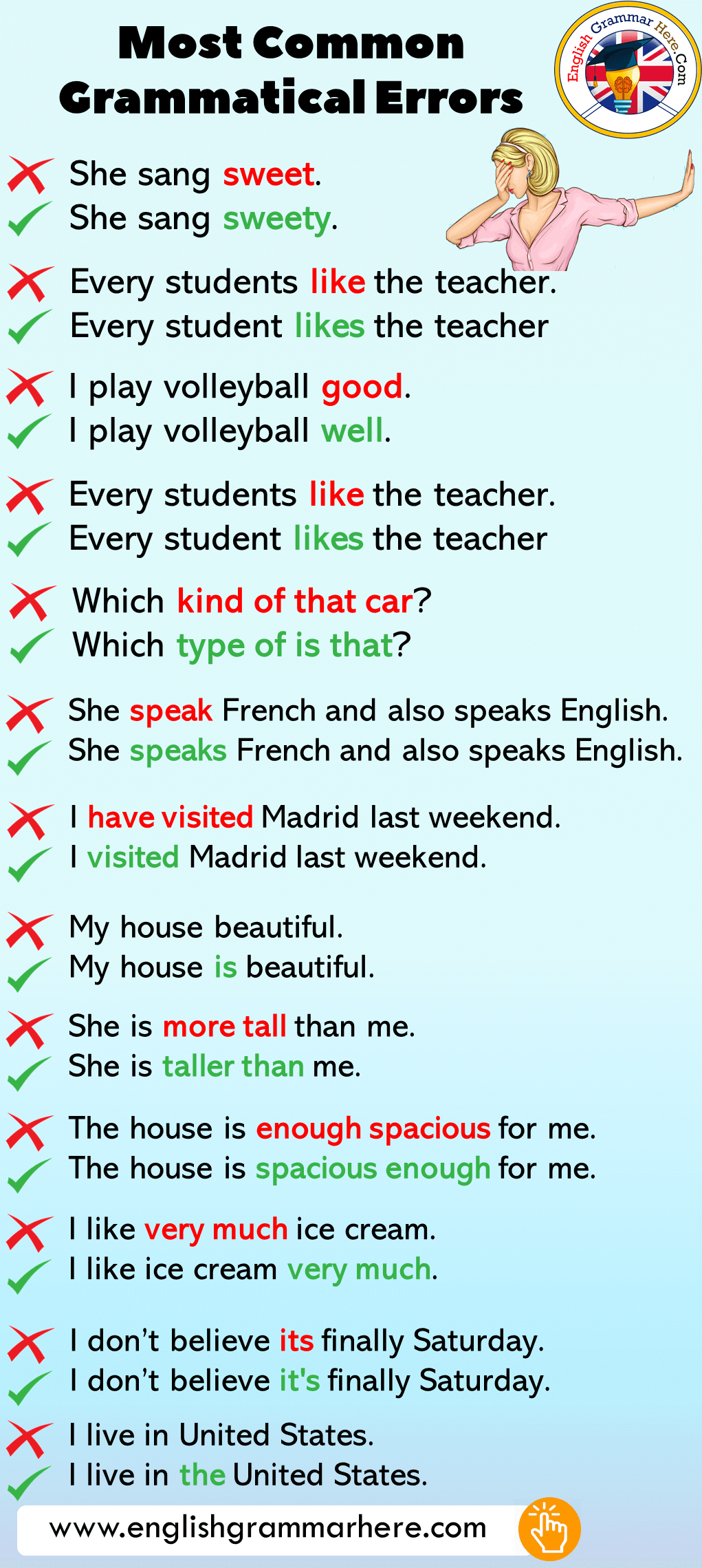Grammar mistakes are a common occurrence in writing, and even native speakers of a language can make them. While some grammar mistakes are minor and can be easily overlooked, others can significantly alter the meaning of a sentence and make it difficult for readers to understand. In this essay, we will discuss some common grammar mistakes and how to avoid them.
One common grammar mistake is the misuse of subject-verb agreement. This occurs when the verb in a sentence does not agree with the subject in number. For example, "The cat is sleeping on the couch" is correct, but "The cat are sleeping on the couch" is incorrect because "cat" is singular and the verb "are" is plural. To avoid this mistake, make sure that the verb in a sentence agrees with the subject in number.
Another common grammar mistake is the misuse of pronouns. Pronouns are words that take the place of a noun in a sentence, such as "he," "she," and "it." It is important to use the correct pronoun to refer to the correct noun. For example, "My sister gave her book to me" is correct, but "My sister gave her book to I" is incorrect because "I" is the subject pronoun and "me" is the object pronoun. To avoid this mistake, make sure to use the correct pronoun for the role it is playing in the sentence.
A third common grammar mistake is the misuse of punctuation. Punctuation helps to clarify the meaning of a sentence and can change the entire meaning of a sentence if used incorrectly. For example, "Let's eat, Grandma!" is correct and means that it is time to eat, while "Let's eat Grandma!" is incorrect and suggests that it is time to eat the person named Grandma. To avoid this mistake, be sure to use punctuation correctly and pay attention to where it is placed in a sentence.
Finally, a fourth common grammar mistake is the misuse of homophones. Homophones are words that sound the same but have different meanings and spellings. For example, "there," "their," and "they're" are all homophones and are often misused. "There" refers to a place, "their" is a possessive pronoun, and "they're" is a contraction of "they are." To avoid this mistake, make sure to use the correct homophone for the context in which it is being used.
In conclusion, common grammar mistakes such as subject-verb agreement, pronoun usage, punctuation, and homophone usage can significantly alter the meaning of a sentence and make it difficult for readers to understand. By paying attention to these mistakes and correcting them, you can improve the clarity and effectiveness of your writing.








